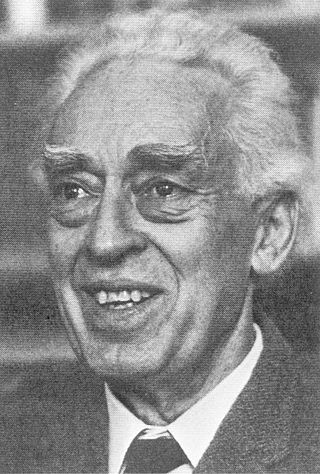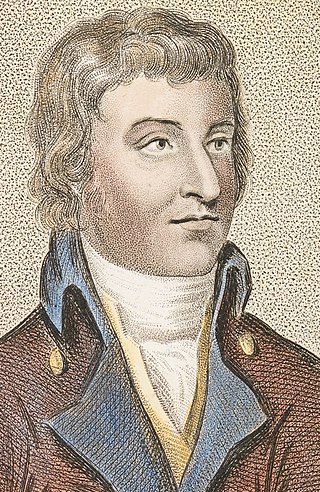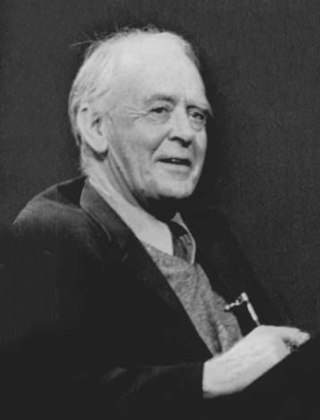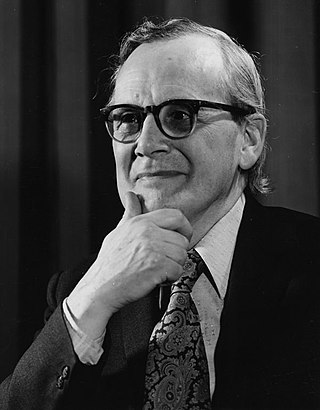Related Research Articles

Capitalism is an economic system based on the private ownership of the means of production and their operation for profit. Central characteristics of capitalism include capital accumulation, competitive markets, price system, private property, property rights recognition, voluntary exchange, and wage labor. In a market economy, decision-making and investments are determined by owners of wealth, property, or ability to maneuver capital or production ability in capital and financial markets—whereas prices and the distribution of goods and services are mainly determined by competition in goods and services markets.

Piero Sraffa was an influential Italian economist who served as lecturer of economics at the University of Cambridge. His book Production of Commodities by Means of Commodities is taken as founding the neo-Ricardian school of economics.

George Barrington was an Irish-born pickpocket, popular London socialite, Australian pioneer, and author. His escapades, arrests, and trials were widely chronicled in the London press of his day. For over a century following his death, and still perhaps today, he was most celebrated for the couplet “True patriots all; for be it understood, We left our country for our country’s good” The attribution of the line to Barrington is considered apocryphal since the 1911 discovery by Sydney book collector Alfred Lee of the 1802 book in which the line first appeared.

Sir John Richards Hicks was a British economist. He is considered one of the most important and influential economists of the twentieth century. The most familiar of his many contributions in the field of economics were his statement of consumer demand theory in microeconomics, and the IS–LM model (1937), which summarised a Keynesian view of macroeconomics. His book Value and Capital (1939) significantly extended general-equilibrium and value theory. The compensated demand function is named the Hicksian demand function in memory of him.

Sir Harold George Nicolson was a British politician, diplomat, historian, biographer, diarist, novelist, lecturer, journalist, broadcaster, and gardener. His wife was the writer Vita Sackville-West.
Managerial economics is a branch of economics involving the application of economic methods in the organizational decision-making process. Economics is the study of the production, distribution, and consumption of goods and services. Managerial economics involves the use of economic theories and principles to make decisions regarding the allocation of scarce resources.

Sir Roy George Douglas Allen, CBE, FBA was an English economist, mathematician and statistician, also member of the International Statistical Institute.
Sir Herbert Edward Read, was an English art historian, poet, literary critic and philosopher, best known for numerous books on art, which included influential volumes on the role of art in education. Read was co-founder of the Institute of Contemporary Arts. As well as being a prominent English anarchist, he was one of the earliest English writers to take notice of existentialism. He was co-editor with Michael Fordham of the British edition in English of The Collected Works of C. G. Jung.

Thomas Ernest Hulme was an English critic and poet who, through his writings on art, literature and politics, had a notable influence upon modernism. He was an aesthetic philosopher and the 'father of imagism'.

Hanif Kureishi is a British playwright, screenwriter, filmmaker and novelist of South Asian and English descent. In 2008, The Times included Kureishi in its list of the 50 greatest British writers since 1945.

Alan James Hollinghurst is an English novelist, poet, short story writer and translator. He won the 1989 Somerset Maugham Award, the 1994 James Tait Black Memorial Prize and the 2004 Booker Prize.

Sir Eric Campbell Geddes was a British businessman and Conservative politician. With a background in railways, he served as head of Military Transportation on the Western Front, with the rank of major-general. He then served as First Lord of the Admiralty between 1917 and 1919. He then served as the first Minister of Transport between 1919 and 1921, in which position he was responsible for the deep public spending cuts known as the "Geddes Axe".
Manchester was a Parliamentary borough constituency in the county of Lancashire which was represented in the House of Commons of the Parliament of the United Kingdom. Its territory consisted of the city of Manchester.
Bridport was a parliamentary borough in Dorset, England, which elected two Members of Parliament (MP) to the House of Commons from 1295 until 1868, and then one member from 1868 until 1885, when the borough was abolished.

The Guardian is a British daily newspaper. It was founded in 1821 as The Manchester Guardian, and changed its name in 1959. Along with its sister papers The Observer and The Guardian Weekly, The Guardian is part of the Guardian Media Group, owned by the Scott Trust. The trust was created in 1936 to "secure the financial and editorial independence of The Guardian in perpetuity and to safeguard the journalistic freedom and liberal values of The Guardian free from commercial or political interference". The trust was converted into a limited company in 2008, with a constitution written so as to maintain for The Guardian the same protections as were built into the structure of the Scott Trust by its creators. Profits are reinvested in its journalism rather than distributed to owners or shareholders. It is considered a newspaper of record in the UK.
Sydney Robert Elliott was a British newspaper editor.
Sir (Frederick) George Binney (DSO) was a noted Arctic explorer. During the Second World War, he led blockade running missions, including Operation Rubble, to procure supplies of Swedish ball bearings and other steel products for British aramament production, for which he was knighted and made a Royal Naval Volunteer Reserve commander.
Dibblee is a surname. Notable people by that name include:
Donald Read was a British historian. He was emeritus Professor of Modern English History at the University of Kent and in 1988 was appointed to write the authorised history of Reuters. Read died in 2018, aged 88, in Blackpool.

Reginald Howard Wilenski was an English painter, art historian and critic known for his books The Modern Movement in Art (1927), The Meaning of Modern Sculpture (1932), and his psychological study of John Ruskin (1933).
References
- ↑ Dibblee, George Binney (1868-1952) Author Manager of Manchester Guardian. National Archives. 7 October 2015.
- ↑ "Deaths", The Times , 28 August 1952, p. 1.
- ↑ Visions of the Press in Britain, 1850–1950 Reviews in History, June 2006. Retrieved 7 October 2015.
- ↑ "Reviewed Work: The Psychological Theory of Value. by George Binney Dibblee", B.W. Knight, Social Forces , Vol. 4, No. 1 (Sep., 1925), pp. 224-226.
- ↑ Philosophy, Vol. 5, Issue 18, April 1930, pp. 304-305.